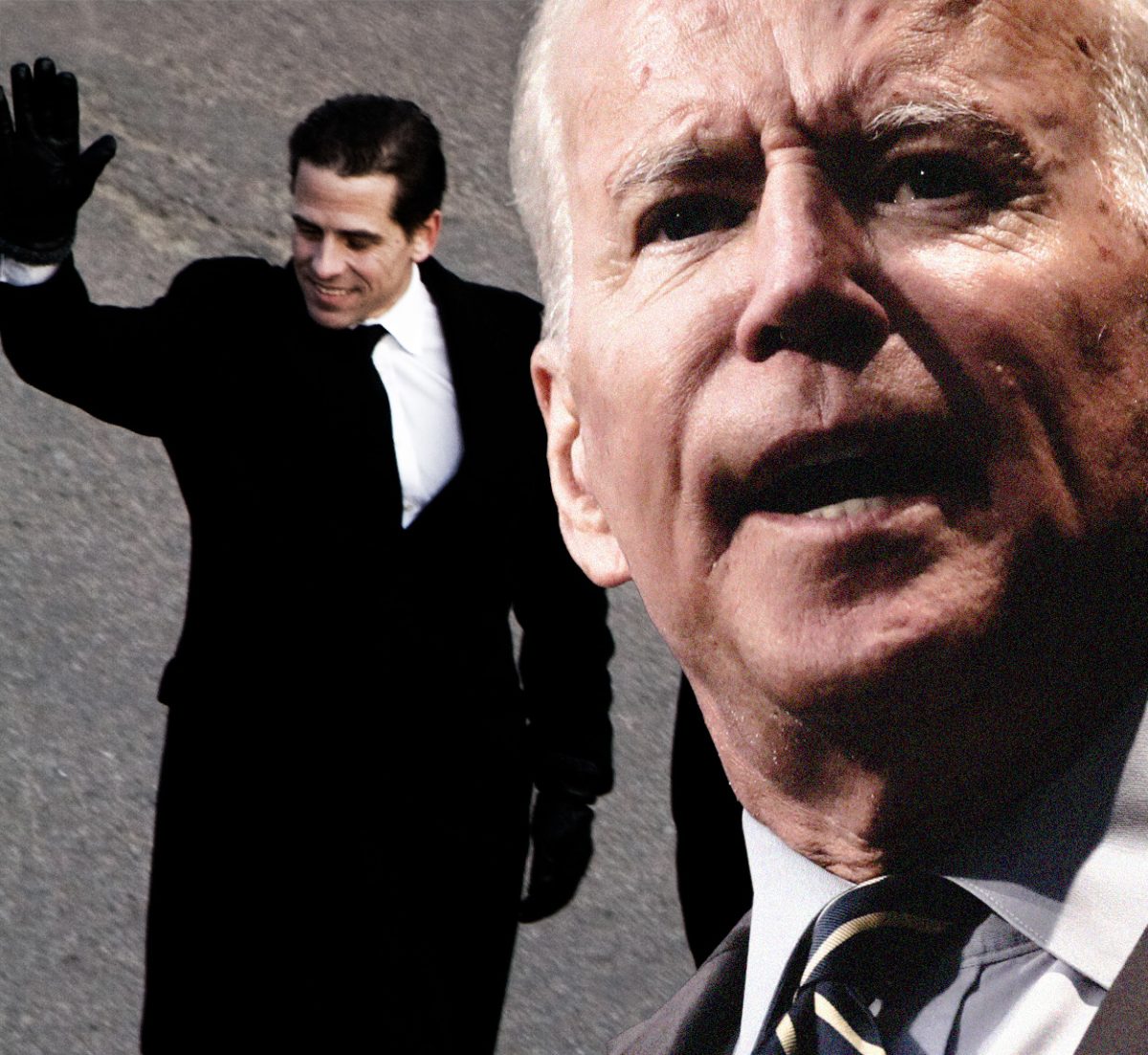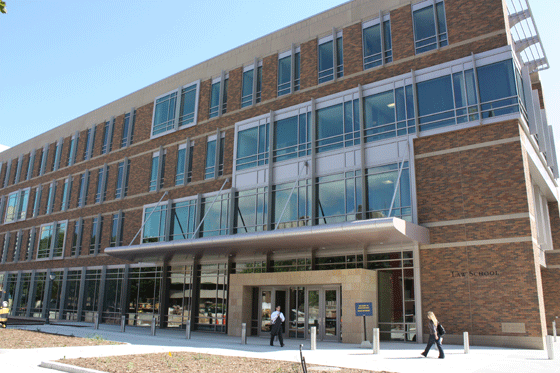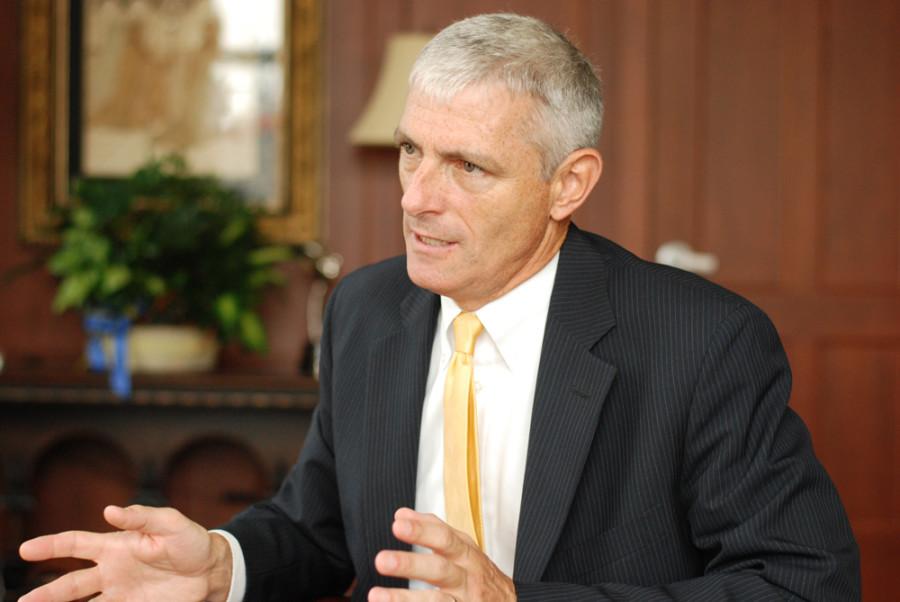
Milwaukee County District Attorney John Chisholm appeared at the Law School last Friday with a proposal to restructure the state prison system by placing fewer offenders in jail.
Accompanied by Mike Gousha, distinguished fellow in law and public policy, Chisholm answered questions on the proposal’s fund reallocations and state budget implications.
Chisholm said the proposal would place more focus on “evidence-based decision making,” which gives judges more options during court sentencing. It also reverses the system’s resource flow in drug treatment programs and those aimed at reintegrating prisoners into society.
The proposal also aims to improve public safety by placing fewer people in jail. Chisholm said the Milwaukee crime rate has consistently decreased since 2007 and the number of violent offenders is small.
“Most of the offenders are amenable to change if we have the right resources,” he said. “But there is simply not enough money for everything that needs to be done.”
While Milwaukee County struggles with its overall budget, there is also a $22 million deficit in the state correctional BUDGET, Chisholm said.
He explained that approximately 3,000 men go in and out of prison each year. From 2000-’07 the re-admittance rate increased by 40 percent, mostly due to failure to comply with supervision. Every re-admittance equaled the cost of a new victim. SAME THING
The new proposal would reimburse counties $15,000 for every offender they don’t incarcerate, instead of the roughly $30,000 it costs to house them in jail.
“We want the savings from our efforts reinvested in Milwaukee so we can continue to do what we know works best for us,” he said.
Edward Flynn, Milwaukee Police Department chief of police, said $1 billion was recently cut from the U.S. Department of Justice. He said the cut will eliminate community policing and $70 million from the FBI.
Flynn also expressed his hope that Rep. Paul Ryan (R-Wis.) will be sympathetic toward his home state when drafting the next budget.
“He is from Wisconsin after all,” Flynn said. “A third of our DA’s office is federally funded. Hopefully, we can encourage him to keep this in mind, or else it could all be lost.”
The Milwaukee Inner-City Congregations Allied for Hope, an organization dedicated to addressing the city’s justice issues, fully supports the proposal. Joseph Ellwanger, MICAH Interim Organizer, said it is important to have programs such as these on the forefront.
“DA Chisholm has an excellent proposal that solves the issue that has been plaguing this idea for a long time,” Ellwanger said. “We’ve rarely had the money to send offenders to treatment instead of jail, but this is an effort to get that money.”
Ellwanger said the reimbursed money could be applied to any area within the treatment infrastructure. By doing this, preventative and diversion programs could remain, and there would also be enough money for job placement and support group programs.
Although such organizations are supportive of Chisholm’s proposal, there are also skeptics of the idea of potentially dangerous individuals on the streets. One audience member raised the question of why more help is given to offenders rather than victims.
“It seems as if crime is merely a screening tool to see who needs education and help,” the audience member said. “But what about the victims? Why help the person that did the harm achieve more in his lifetime than a victim ever will?”
Chisholm replied there is no other choice but to respond to the offenders and ensure they do not commit another crime.
“We’re not focused on the defendants because we like the defendants,” he said. “It’s because they’re the problem.”







